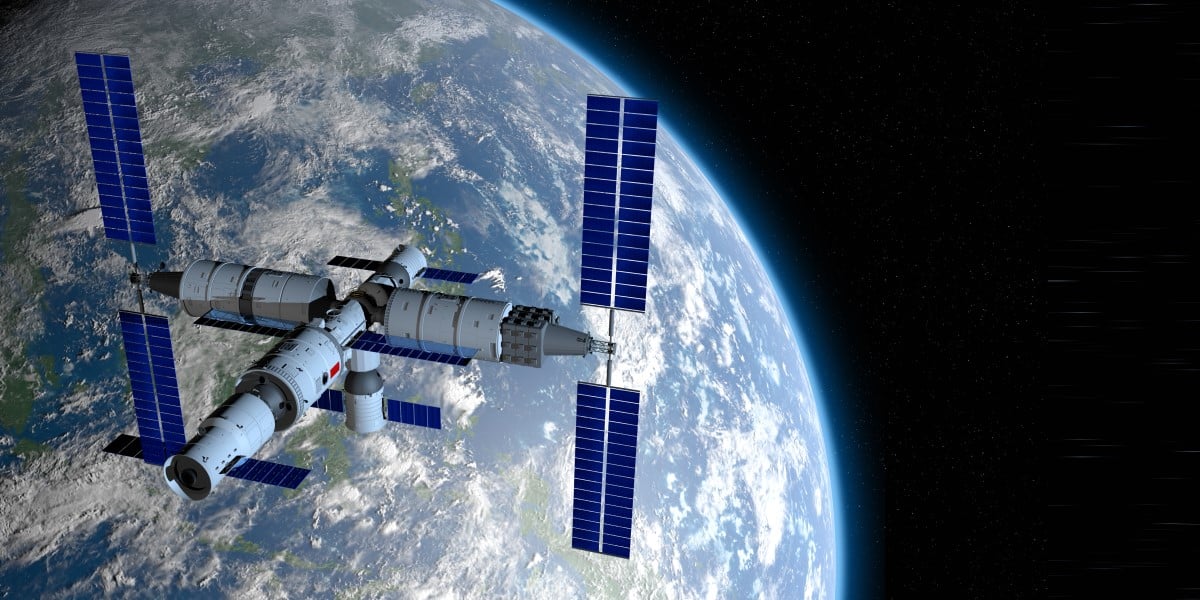
"The discovery of Niallia tiangongensis may offer insights into microbial survival in space, aiding future space missions and potential applications in various fields."
"The unique DNA of Niallia tiangongensis, which shows structural and functional differences that could enhance survival under extreme conditions, was a key finding."
"Chinese researchers have indicated that this microbe could help improve microbial control strategies, which are essential for astronaut health and spacecraft functionality."
"The research emphasizes the importance of understanding microbial characteristics for the health of astronauts and for maintaining spacecraft, especially in long-term missions."
Chinese scientists have identified a new microbe species, Niallia tiangongensis, aboard the Tiangong space station, which exhibits unique DNA that may enhance its survival in space. First detected during a sample collection in May 2023, this microbe could assist in future microbial control strategies for extended space missions. It may also contribute to advancements in agriculture, industry, and medicine. The discovery underscores the vital need to understand microbial behaviors and characteristics during long-term space missions to ensure astronaut health and spacecraft functionality.
Read at Theregister
Unable to calculate read time
Collection
[
|
...
]